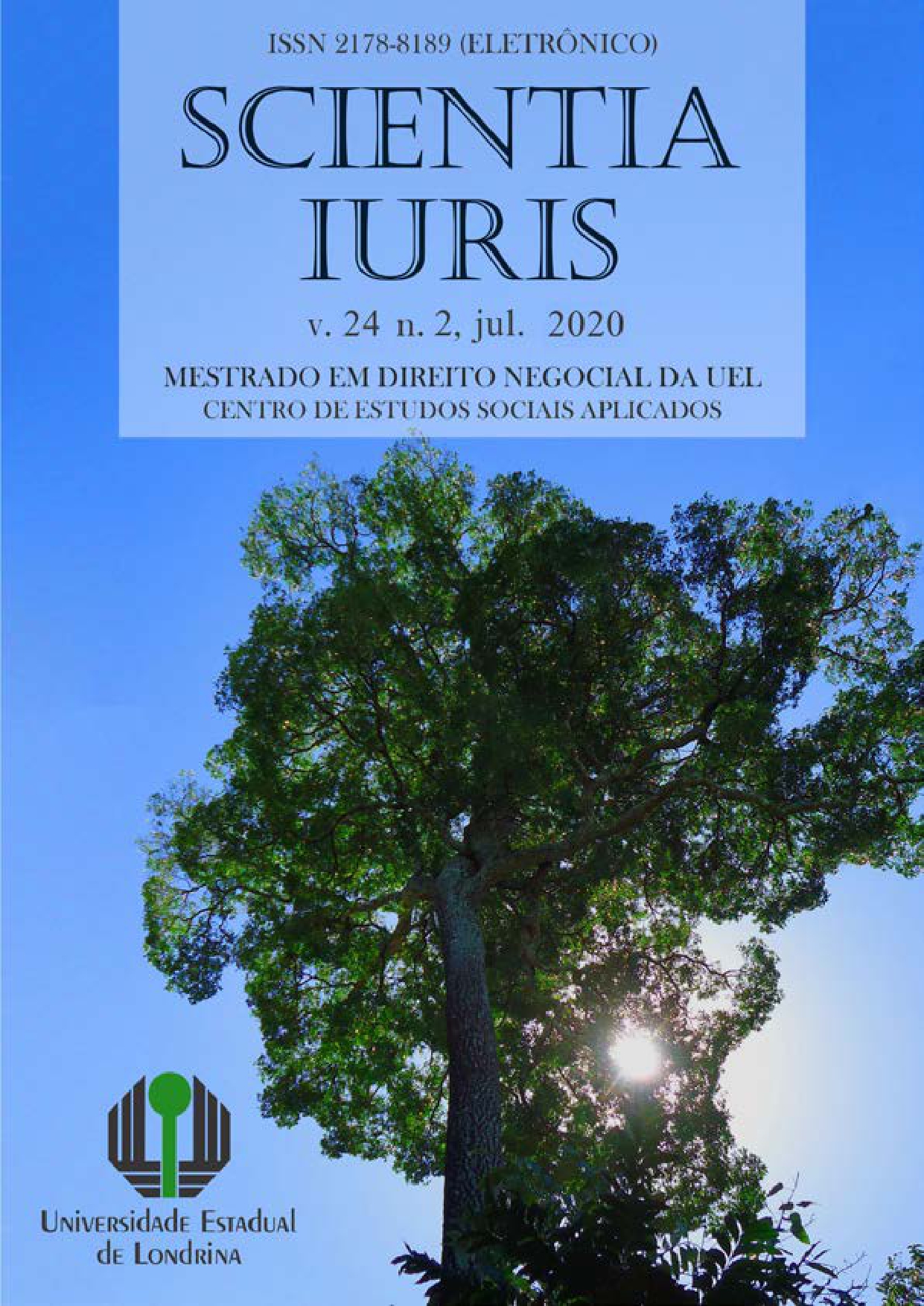The contracts in mass society and the general conditions of the contracts in german law
DOI:
https://doi.org/10.5433/2178-8189.2020v24n2p117Keywords:
Mass society, Civil law, German law, General conditions of the Contracts, Consumer Protection.Abstract
This article examines the way in which German law interprets the general conditions of contracts, a subject that is very relevant to the contractual system of mass society. Currently, it is very common to use contracts accompanied by some general conditions. Therefore, this paper examines how the German Civil Code has permitted the inclusion of general conditions of contracts in legal transactions, as well as in situations in which the judge is authorized to check the content of the general conditions of the contract. This paper also studies its field of action and the way in which the general conditions of the contracts are to be interpreted. Finally, this research emphasizes that the German system has regulated the matter since 1976 and presents a much more structured legislation than in the Brazilian legal system, which has allowed the Germans a more general and more abstract control of the matter, ensuring greater legal certainty.Downloads
Download data is not yet available.
Downloads
Published
2020-07-31
How to Cite
Zanini, L. E. de A. (2020). The contracts in mass society and the general conditions of the contracts in german law. Scientia Iuris, 24(2), 117–134. https://doi.org/10.5433/2178-8189.2020v24n2p117
Issue
Section
Artigos
License
Copyright (c) 2022 Scientia Iuris

This work is licensed under a Creative Commons Attribution 4.0 International License.
The journal reserves the right to modify, in the original text of the submitted article, normative, spelling and grammatical mistakes in order to maintain the cultured standard of language and the credibility of the journal. The journal will respect the authors' writing style. Changes, corrections or suggestions of conceptual order will be sent to the authors, when necessary. In such cases, the articles will be re-examined. The final exams will not be sent to the authors. The published works become the property of the journal, in other words, its total or partial reprinting is subject to the express authorization of the journal. In all subsequent citations, the original source of publication shall be cited and in the case of Photographic Speeches, shall be approved by the original author. The opinions expressed by the authors of the journal's articles are of their sole responsibility.


















